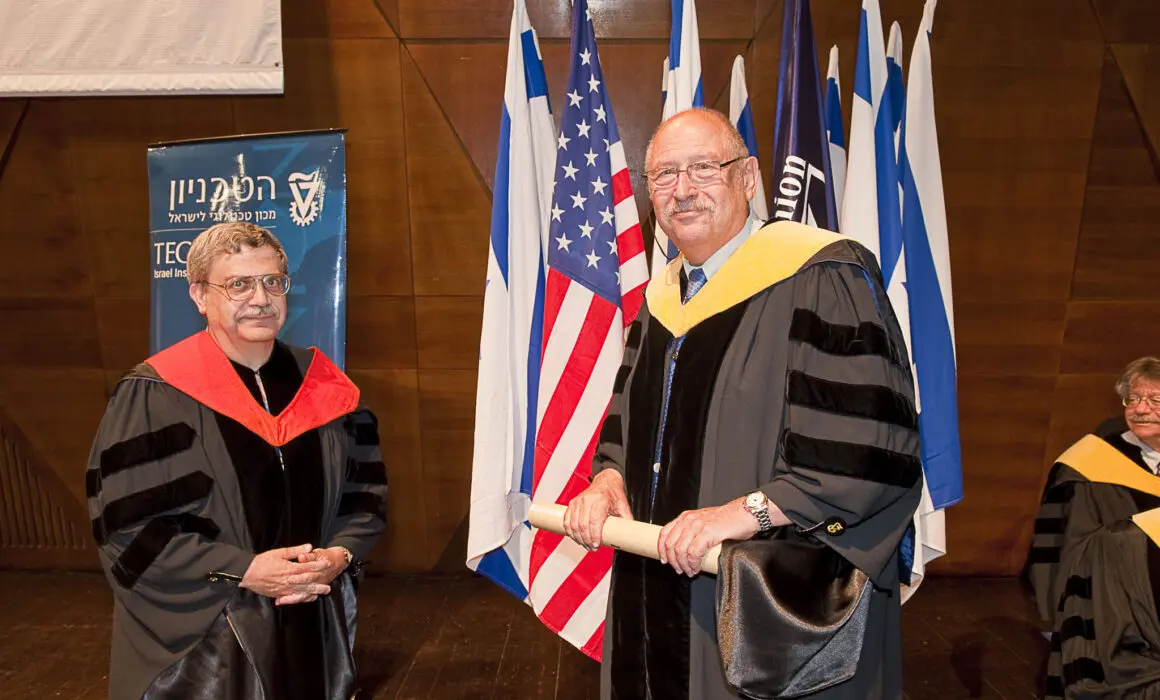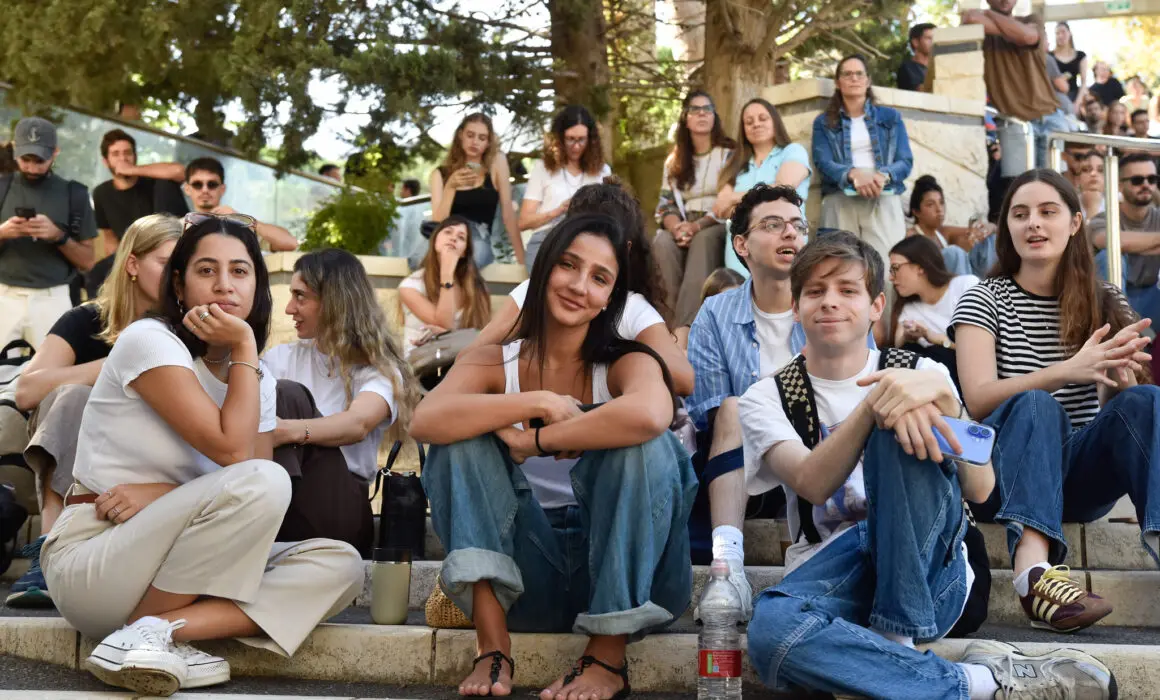TICC: Turning Big Ideas Into Action

Compelling philanthropic initiatives often sound simple.
End child hunger. Educate all people. Spread clean water access. Help earthquake victims. Improve health care. Cure cancer.
But these bold objectives are not simple. These are big, complex ideas requiring tremendous resources that research universities are often best equipped to harness. Philanthropy is one of the key resources needed. We at ATS don’t actually execute these initiatives — but we play the critical role of translating the big ideas into action by connecting the diverse and sometimes disparate groups of people who can accomplish these far-reaching goals together.
In other words, we don’t solve the problem: we enable the Technion to assemble the team that can solve the problem. It’s a subtle but important distinction that was brought to life earlier this month, as we marked the opening of the Technion Integrated Cancer Center, a first-of-its-kind institution that brings together world-class clinical experts, a group of life science researchers led by a Nobel Prize winner, and top-level chemists, physicists and engineers to win the battle against cancer.
The TICC serves as a nexus for the Technion’s five affiliated hospitals that run clinical trials, the Rappaport Faculty of Medicine’s life sciences researchers, the Faculty of Computer Science’s innovations in processing large data sets, the Viterbi Faculty of Electrical Engineering’s and the Faculty of Physics’ development of devices for diagnosis and imaging, and the Faculty of Mathematics’ search for new, more powerful algorithms to quickly and effectively process complex data.
Cancer is one of the greatest challenges of humankind today. In the U.S. alone, with its population of 300 million people, there are 1.5 million new cancer patients every year, causing 300,000 deaths. When I spoke with TICC Co-Director Ze’ev Ronai, he emphasized that harnessing the power of diverse, accomplished researchers and practitioners is essential to advancing our ability to combat cancer.
“We have quite a few ideas about how to combat this disease, but translating those ideas into actual drugs is not easy. We have to determine if the drugs work by finding the right patient population because not all patients will respond to certain drugs. And we need to develop new strategies to determine who those patients are,” Ronai said. “We used to develop the same drugs to attack cancer, but we now know that cancer is complex and heterogeneous. Our drugs need to be smart enough to attack the different elements of each different type of cancer.”
The TICC brings together these interdependent experts to win this battle. Researchers comprising the initiative have already published hundreds of papers and, right now, are working on five compounds to treat the disease. They are searching for ways to stop remission. They are developing new strategies that track patients’ reactions to therapies and will extend life without side effects.
“The powerful connections we enable between engineers, advanced cancer researchers, and clinical doctors,” Ronai said, “will drive the development of novel diagnostic tools and treatments that ultimately result in better outcomes for patients.”
As the Technion positions itself to meet the needs of tomorrow, the ATS is doing the same. We help our supporters zero in on big ideas that they are passionate about and work with the Technion to determine how to best translate these ideas into initiatives and programs that will have a transformative impact.
For instance, we partnered with philanthropists Laura and Isaac Perlmutter, whose generosity has financed a state-of-the-art cancer research facility at the Technion, along with six joint research projects between NYU’s Perlmutter Cancer Center and the Technion. Their investment has enabled the Technion to recruit Professor Eyal Gottlieb, a world leader in the study of cancer metabolomics, to lead this effort. He will work with other American and Israeli scientists to push the boundaries of human knowledge about the unique chemical fingerprints of cellular processes, which holds remarkable potential to unlock treatments for this deadly disease.
Like the Perlmutters, the Crown Family recognizes the importance of bringing together the wide-ranging teams of experts necessary to tackle the biggest ideas — like curing cancer. That’s why part of their support for the TICC is allocated to faculty recruitment. By daring to experiment boldly, thoughtfully, and without fear of failure, today’s social entrepreneurs are changing the way philanthropy works. This is not only exhilarating to behold — it is essential for our future.
More Visionary Education stories





